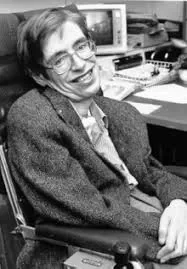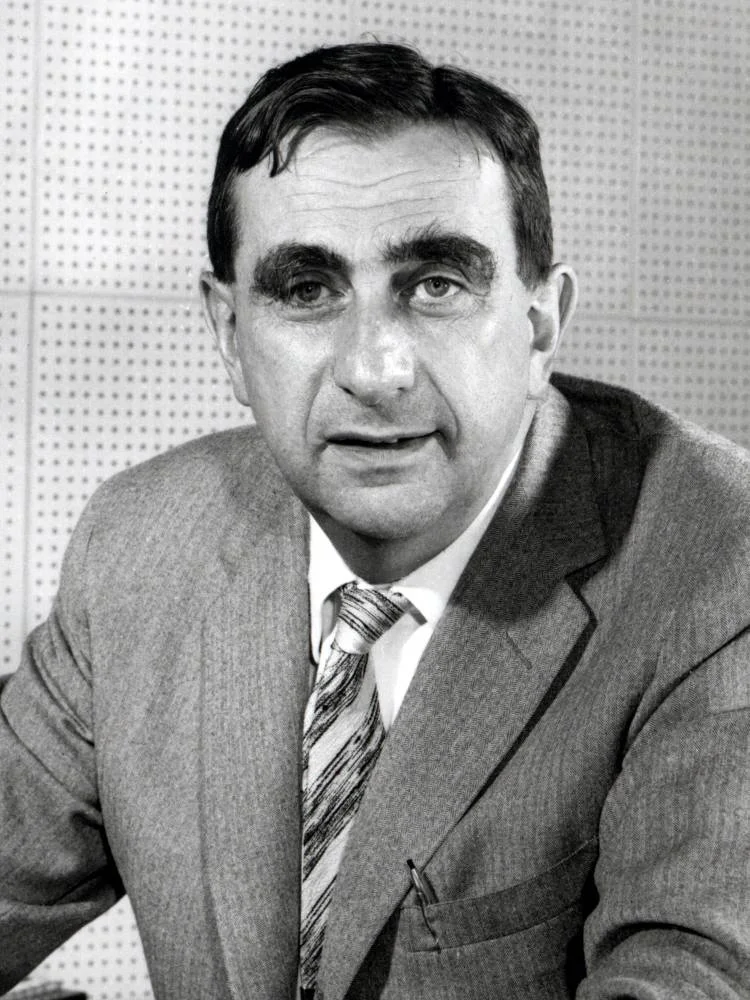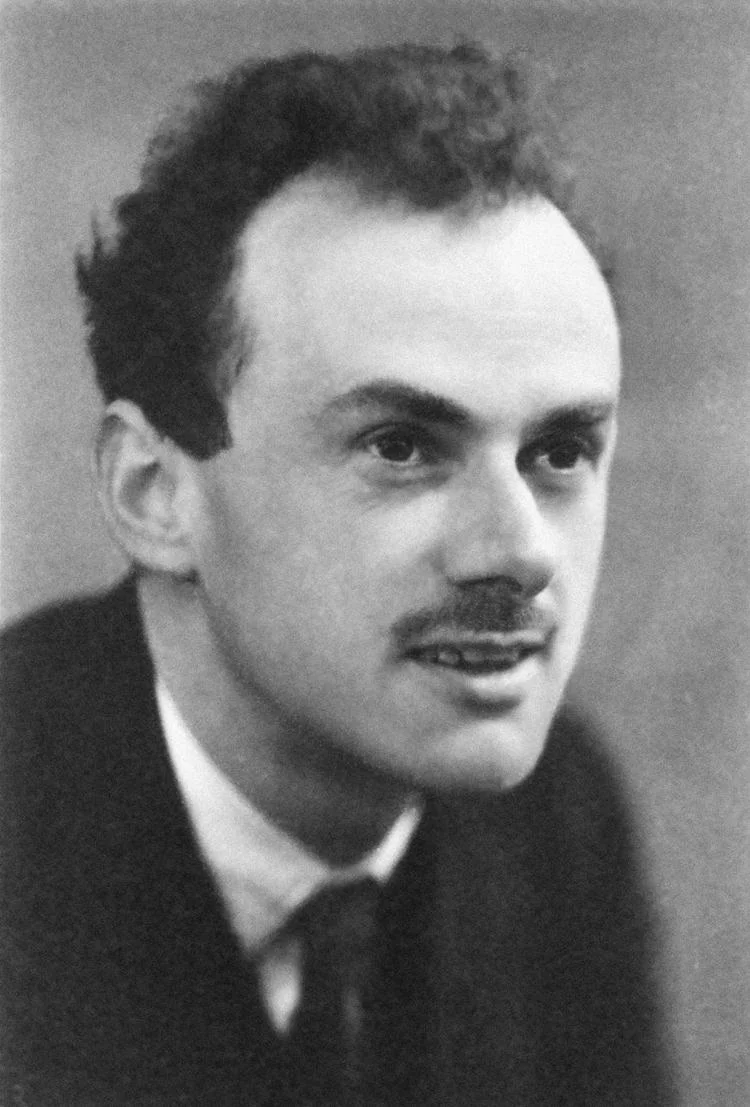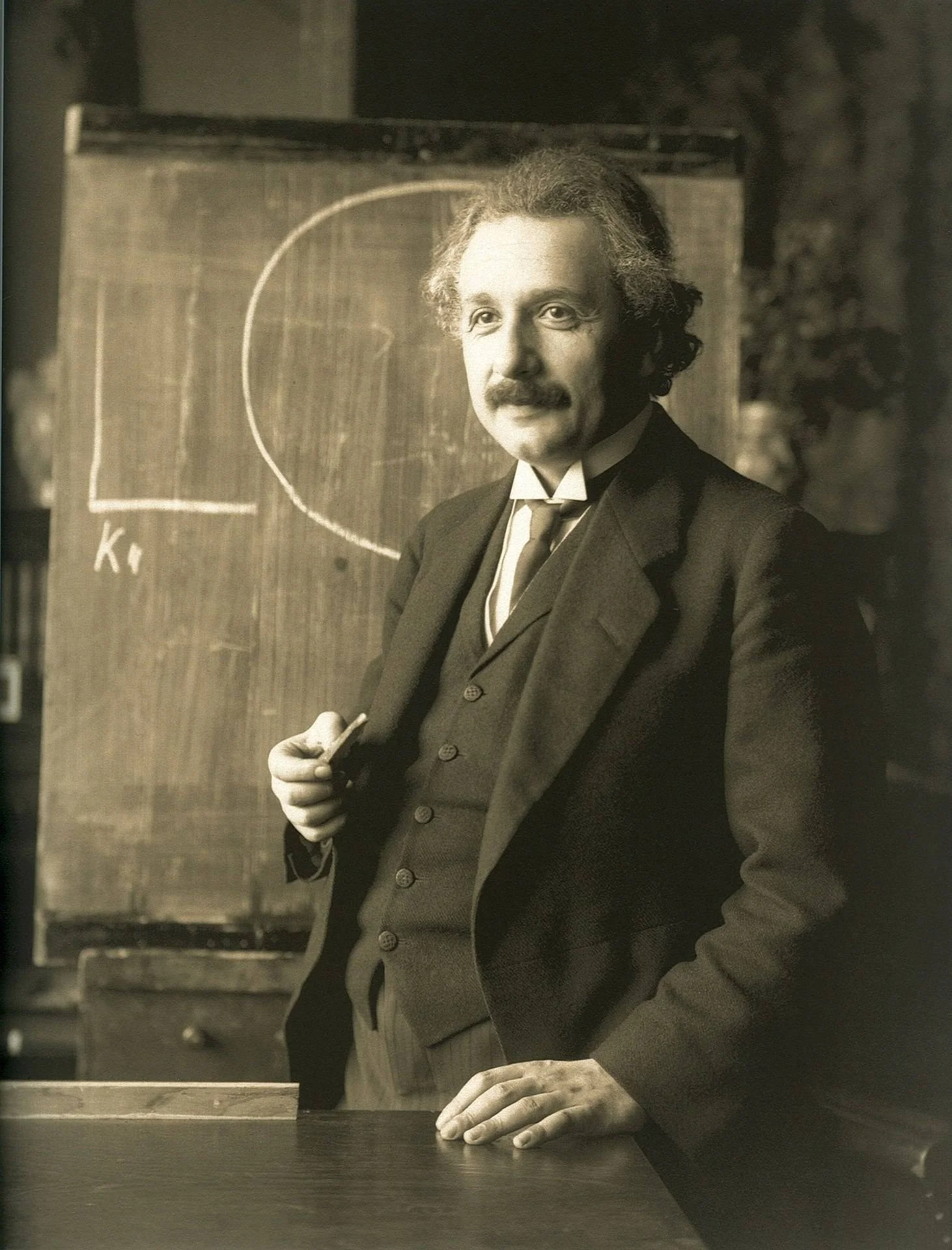Real Celebrities Never Die!
OR
Search For Past Celebrities Whose Birthday You Share
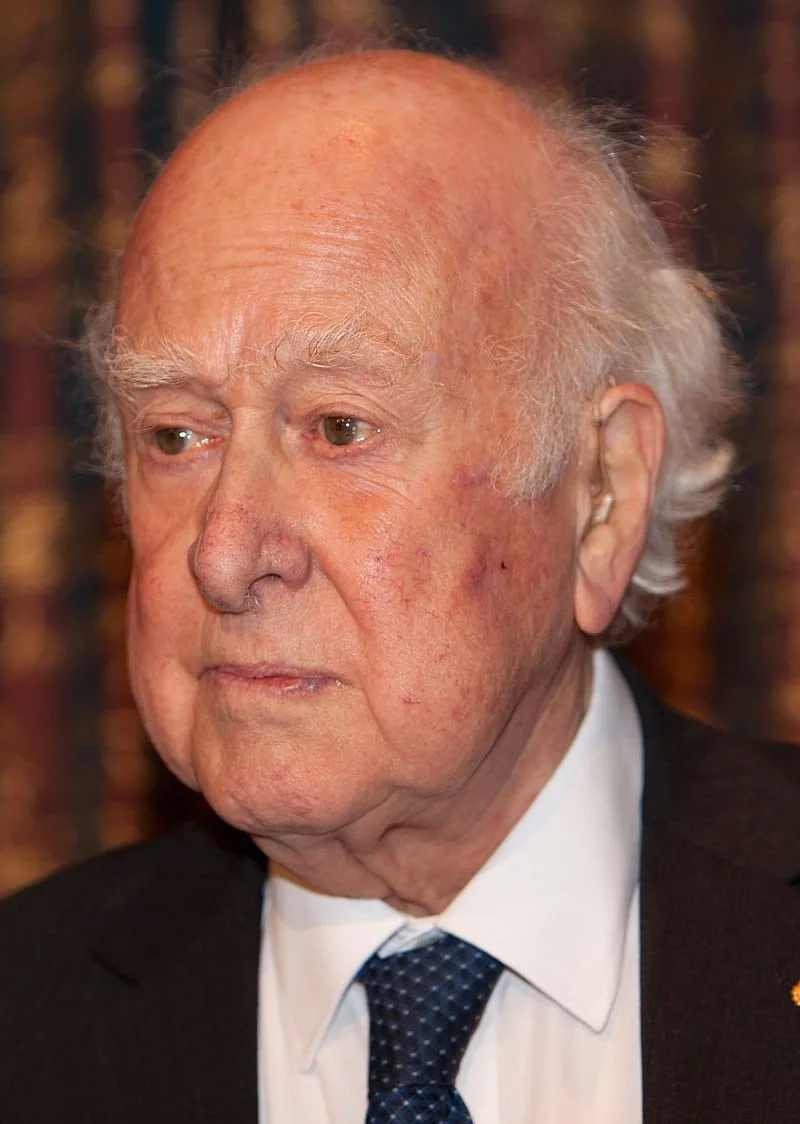
source:wikipedia.org
Peter Higgs
Birthday:
29 May, 1929
Date of Death:
08 Apr, 2024
Cause of death:
Natural causes
Nationality:
British
Famous As:
Emeritus Professor
Age at the time of death:
94
Peter Higgs's Quote's
Early Life and Background
Peter Ware Higgs was born on May 29, 1929, in Newcastle upon Tyne, England. His early life involved many moves due to his father’s work at the BBC. Peter Higgs received part of his early education at home in Bristol because of his asthma.
Education and Formative Years
When he was 17, Higgs moved to London to further his studies in mathematics and physics. He completed his bachelor’s degree in 1950 and his master’s degree in 1951 at King’s College, University of London. Higgs pursued further studies at King’s College, earning his PhD in physics in 1954.
Professional Career and Achievements
Once Higgs obtained his Ph.D., he commenced his research career with fellowships at the University of Edinburgh and the University of London. He started his career at the University of Edinburgh in 1960 as a lecturer in mathematical physics, and remained there for the majority of his professional life.
He advanced in his career, becoming a reader in mathematical physics in 1970 and a professor of theoretical physics in 1980. Higgs’s most important work was the proposal of the Higgs mechanism in 1964. This theory suggested the existence of a scalar field that gives elementary particles their mass. Higgs predicted the Higgs boson as a result of this mechanism.
Major Contributions and Impact
The Higgs mechanism is vital in the Standard Model of particle physics. It explained the acquisition of particle mass, a puzzling issue for years. However, scientists were unable to confirm the presence of the Higgs boson for almost five decades. On July 4, 2012, scientists at CERN announced the discovery of a Higgs boson particle, with Higgs present. This discovery confirmed the last missing piece of the Standard Model in particle physics.
Awards and Recognition
Throughout his career, Higgs received numerous accolades for his groundbreaking work. In 2013, he was awarded the Nobel Prize in Physics, shared with François Englert, for their theoretical work on the Higgs mechanism. He was also elected as a Fellow of the Royal Society in 1983.
Personal Life and Interesting Aspects
Despite making major contributions to physics, Higgs was renowned for his modesty and aversion to fame. He seldom granted interviews and allegedly felt embarrassed by the publicity surrounding the term “Higgs boson”. One fascinating aspect of Higgs’s career was the initial refusal of his influential 1964 paper. In his revision, he made a significant addition by predicting the existence of the massive boson, which would eventually be named after him.
Later Years and Legacy
Higgs left the University of Edinburgh in 1996 but stayed involved in the scientific community. Following the discovery of the Higgs boson in 2012, he continued to make public appearances and give lectures. Peter Higgs passed away on April 8, 2024, in Edinburgh, Scotland, at the age of 94.
The scientific community mourned his death, acknowledging his significant contributions to our understanding of the universe. His work transformed our understanding of the universe, inspiring countless physicists. The Higgs boson discovery confirmed his theory and expanded research opportunities in particle physics.
Name:
Peter Higgs
Popular Name:
Peter Higgs
Gender:
Male
Cause of Death:
Natural causes
Spouse:
Place of Birth:
Newcastle upon Tyne, England
Place of Death:
Edinburgh, Scotland
Occupation / Profession:
Personality Type
Logician: Innovative inventors with an unquenchable thirst for knowledge. He was deeply analytical and theoretical thinker. He was known for intellect, curiosity, and interest in solving abstract problems, which is characteristic of his work in theoretical physics.
He was reluctant to speak publicly about the "Higgs boson" and did not anticipate the fame that came with it.
Higgs does not own a mobile phone or computer and prefers a reclusive life.
Peter Higgs was reportedly unaware when the Nobel Prize committee was trying to reach him to inform him of his award.
The particle was colloquially called the "God Particle," a term Higgs disliked.
Copley Medal (2015), the world’s oldest scientific prize.
Higgs Medal (2008) for his contributions to theoretical physics.
Nobel Prize in Physics (2013) for predicting the Higgs boson.
The discovery of the Higgs boson at CERN in 2012 confirmed his predictions made in the 1960s.

